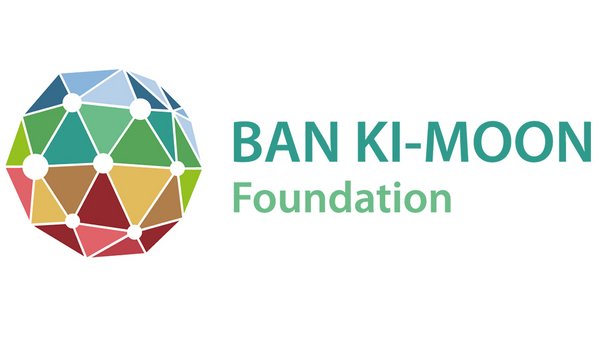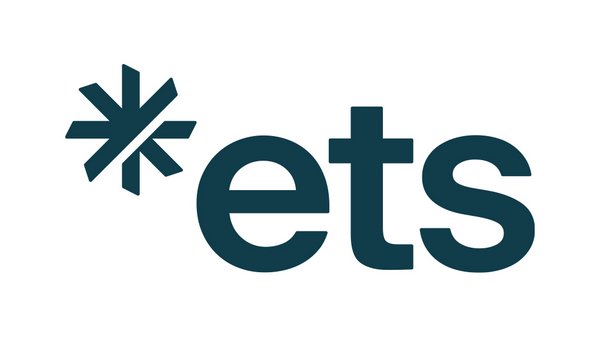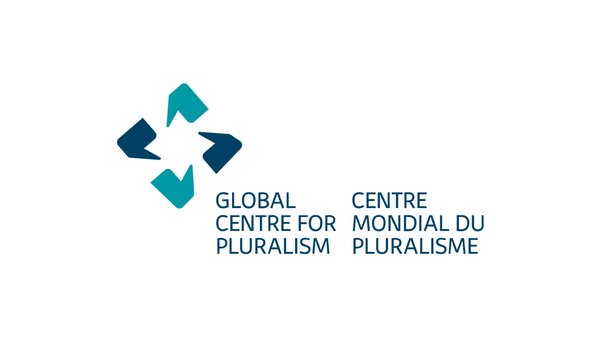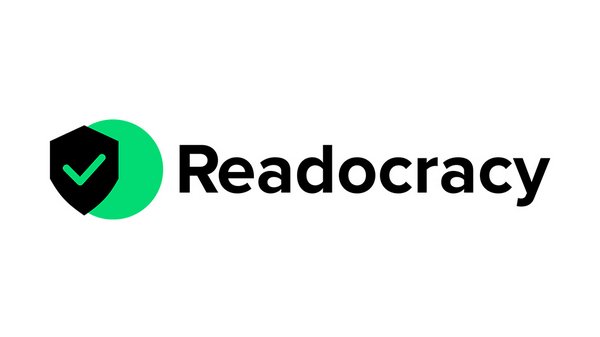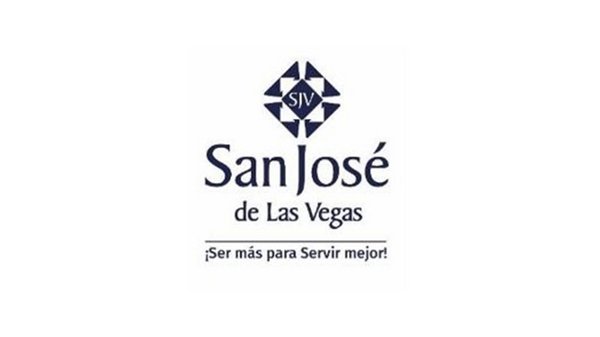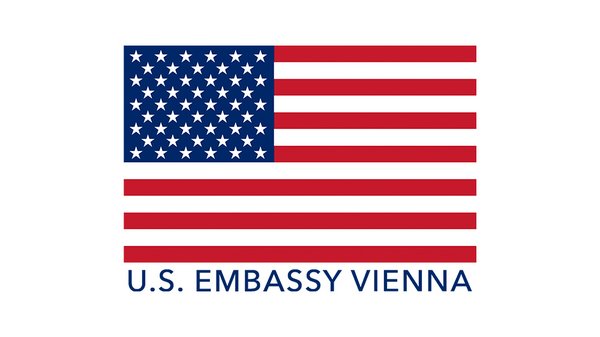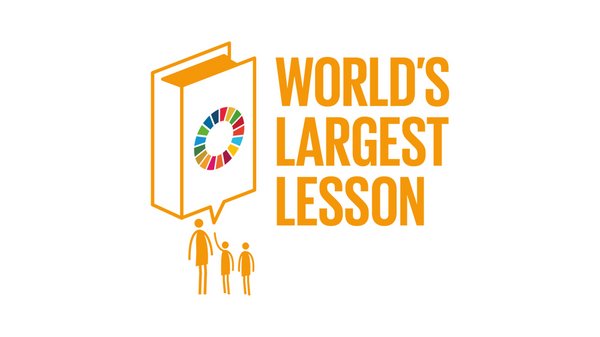-
Topics
backTopicsOur programs create spaces where open-minded leaders can gather for breakthrough conversations on pressing global issues – each aligned to one of the following pillars:
-
Events
backEventsExplore the variety of events Salzburg Global hosts within Austria and in the rest of the world. Learn more about our programs and what else happens at Schloss Leopoldskron.Upcoming EventsFeb 05 - Feb 07, 2026Peace & JusticeDisruption and Renewal: Charting the Future of the International Rule of Law, Democracy, and PluralismSalzburg Cutler Fellows Law ProgramApr 13 - Apr 18, 2026CultureCreating Futures: Rethinking Cultural Institutions, Infrastructure, and InvestmentCulture, Arts and Society
- Insights
-
Fellowship
backFellowshipSince 1947, more than 40,000 people from over 170 countries have participated in Salzburg Global's sessions. Collectively, these alumni are known as Salzburg Global Fellows.
-
About Us
backAbout UsSalzburg Global is an independent, non-profit organization committed to creating spaces that overcome barriers and open up a world of better possibilities.Our Approach
-
Support Us
backSupport UsYour generosity helps us gather open-minded leaders for breakthrough conversations, while creating space for dialogue that overcomes barriers and opens up a world of better possibilities.
- Donate
- Date
- Nov 14 - Nov 19, 2023
- Session no.
- S812-01
- Program
- Education for Tomorrow's World
- Location
-
Schloss Leopoldskron, Salzburg, Austria
- Contact
-
Dominic RegesterDirector, EducationCorinna NawatzkyProgram Manager, Salzburg Global, AustriaValeriia ChernyshProgram Manager, EducationSophiyat SadiqProgram Intern, Salzburg Global Seminar, Austria
Share
Education
Civic and Civil Education: Identity, Belonging and Education in the 21st Century
Democracy is stagnating or declining in many parts of the world and conflict is increasing. The spread of misinformation continues to rise, leading to an erosion of trust, which was particularly egregious during the COVID-19 pandemic. Many societies and communities are becoming increasingly polarized and fractured, with new fault lines emerging along identity lines.
K-12 and higher education has an important role to play in addressing these issues. Schools can normalize democratic practices, help young people develop the skills and the mindset to understand the difference between fact and opinion, and help them learn how to disagree agreeably, or find points of contact and empathy. As momentum around a global education transformation agenda continues to build there is a unique opportunity to rethink the role education can play in supporting citizens with the skills and behaviors to thrive and live harmoniously in our complex 21st century societies.
Date
Nov 14 - Nov 19, 2023
Session no.
S812-01
Location
Schloss Leopoldskron, Salzburg, Austria
Contact
Share
PROGRAM INFO (pre-program)
Democracy is stagnating or declining in many parts of the world and conflict is increasing. The spread of misinformation continues to rise, leading to an erosion of trust, which was particularly egregious during the COVID-19 pandemic. Many societies and communities are becoming increasingly polarized and fractured, with new fault lines emerging along identity lines.
K-12 and higher education has an important role to play in addressing these issues. Schools can normalize democratic practices, help young people develop the skills and the mindset to understand the difference between fact and opinion, and help them learn how to disagree agreeably, or find points of contact and empathy. As momentum around a global education transformation agenda continues to build there is a unique opportunity to rethink the role education can play in supporting citizens with the skills and behaviors to thrive and live harmoniously in our complex 21st century societies.
The hybrid program built new insights and aggregated perspectives and experiences from relevant sectors, areas of expertise, and regions. Thematic working groups prepared recommendations for action. Participants:
EXPERIENCED
- A candid, safe and open exchange with peers under the Chatham House Rule.
- Time and space to disconnect and reflect from a wider ecosystem perspective.
GAINED
- Connection to an active international community of outstanding leaders working on this topic.
- Inspiration and learning from across the world and foresight into directions for future work.
- Relationships for coalition building across organizational, professional and national boundaries.
- Access to a vast network of Salzburg Global Fellows working on similar pursuits.
GAVE AND RECEIVED
- Promising practices, and drawon the group’s collective intelligence and experience to tackle challenges you face and leverage important opportunities.
- Opportunities for peer mentoring on ways to incubate, replicate, adapt and scale good practices.
The program addressed a wide range of key questions, including:
- How can education normalize and support democratic practices?
- How are schools and universities helping students develop critical thinking skills to distinguish between fact and opinion?
- How does the experience of school help students develop their own sense of identity?
- What are the skills needed to disagree agreeably?
- What might a curriculum for activists look like?
- Does language learning help with the development of empathy?
- Which systems are already offering models for the future?
Salzburg Global Seminar’s Education for Tomorrow’s World programs bring together cross-sector and intergenerational change-makers to tackle complex challenges. This program involved policymakers, civil society, researchers, school leaders, youth leaders, innovators and stakeholders from around the world who are engaged in civic and civil education.
View full set on Flickr
All images are available for download. Please credit Salzburg Global Seminar/Christian Streili. Unwatermarked images are available on request.
During the program, assistant professor of communication studies in the Faculty of Human Sciences at the Universidade Católica Portuguesa and Salzburg Global Fellow Jessica Roberts delivered the 2023 Salzburg Global Center for Education Transformation Lecture. The lecture was kindly supported by the US Embassy in Vienna.
International Forum on Global Citizenship Education
On the sidelines of the Civic and Civil Education, the Ban Ki-moon Centre for Global Citizens, the Permanent Mission of the Republic of Korea to the UN in Vienna and Salzburg Global Seminar are hosting an International Forum on Global Citizenship Education on 14 November 2023 at Schloss Leopoldskron in Salzburg, Austria.
The forum will bring together key decision-makers and knowledge experts to exchange opinions, share best-practice examples of global citizenship in action and present a path forward in the educational sector. Join for a timely exchange on current successes and challenges in Global Citizenship Education and on the role of education in an age of climate change and artificial intelligence.
Following a high-level opening ceremony, including remarks by Dr. Heinz Fischer, 11th Federal President of Austria and Co-chair of the BKMC, H.E. Claudia Plakolm, Austrian Youth State Secretary and H.E. Ham Sangwook, Permanent Representative of the Republic of Korea to the UN in Vienna, and a keynote by former CEO of the European Institute of Technology Prof. Willem Jonker, three parallel moderated panels featuring high-level international speakers will illustrate the most important developments on Global Citizenship Education.
The sessions' topics will be:
- Developments in policy making for GCED in the age of AI and climate change
- Universities and higher education - GCED challenges and success stories from Universities around the world
- Young changemakers action - Best practice examples from young global citizens
After the parallel panel sessions, a plenary reunion will provide an opportunity to take stock and forecast the next steps in GCED.
Tuesday, November 14, 8.30am to 1pm
On the sidelines of the Civic and Civil Education program, the Ban Ki-moon Centre for Global Citizens, the Permanent Mission of the Republic of Korea to the UN in Vienna and Salzburg Global Seminar hosted an International Forum on Global Citizenship Education on 14 November 2023 at Schloss Leopoldskron in Salzburg, Austria.
The forum brought together key decision-makers and knowledge experts to exchange opinions, share best-practice examples of global citizenship in action and present a path forward in the educational sector. The event offered a timely exchange on current successes and challenges in Global Citizenship Education and on the role of education in an age of climate change and artificial intelligence.
Following a high-level opening ceremony, including remarks by Dr. Heinz Fischer, 11th Federal President of Austria and Co-chair of the BKMC, H.E. Claudia Plakolm, Austrian Youth State Secretary and H.E. Ham Sangwook, Permanent Representative of the Republic of Korea to the UN in Vienna, and a keynote by former CEO of the European Institute of Technology Prof. Willem Jonker, three parallel moderated panels featuring high-level international speakers illustrated the most important developments on Global Citizenship Education.
The sessions' topics were:
- Developments in policy making for GCED in the age of AI and climate change
- Universities and higher education - GCED challenges and success stories from Universities around the world
- Young changemakers action - Best practice examples from young global citizens
After the parallel panel sessions, a plenary reunion provided an opportunity to take stock and forecast the next steps in GCED.
Watch the highlights of the International Forum on Global Citizenship Education below:
Images of the event are available for download via Flickr. Please credit BKMC/ Christian Streili.
STATEMENT
You can download the program newsletters as a PDF here:
Issue 1
Issue 2
Issue 3
One of the outputs from the program is the Salzburg Statement for Civic and Civil Education.This statement emphasizes the vital role of education in democratic societies and offers suggestions on fostering democracy, social movements, and challenging political, economic and social systems.
Find out more about the Statement and download it here.


